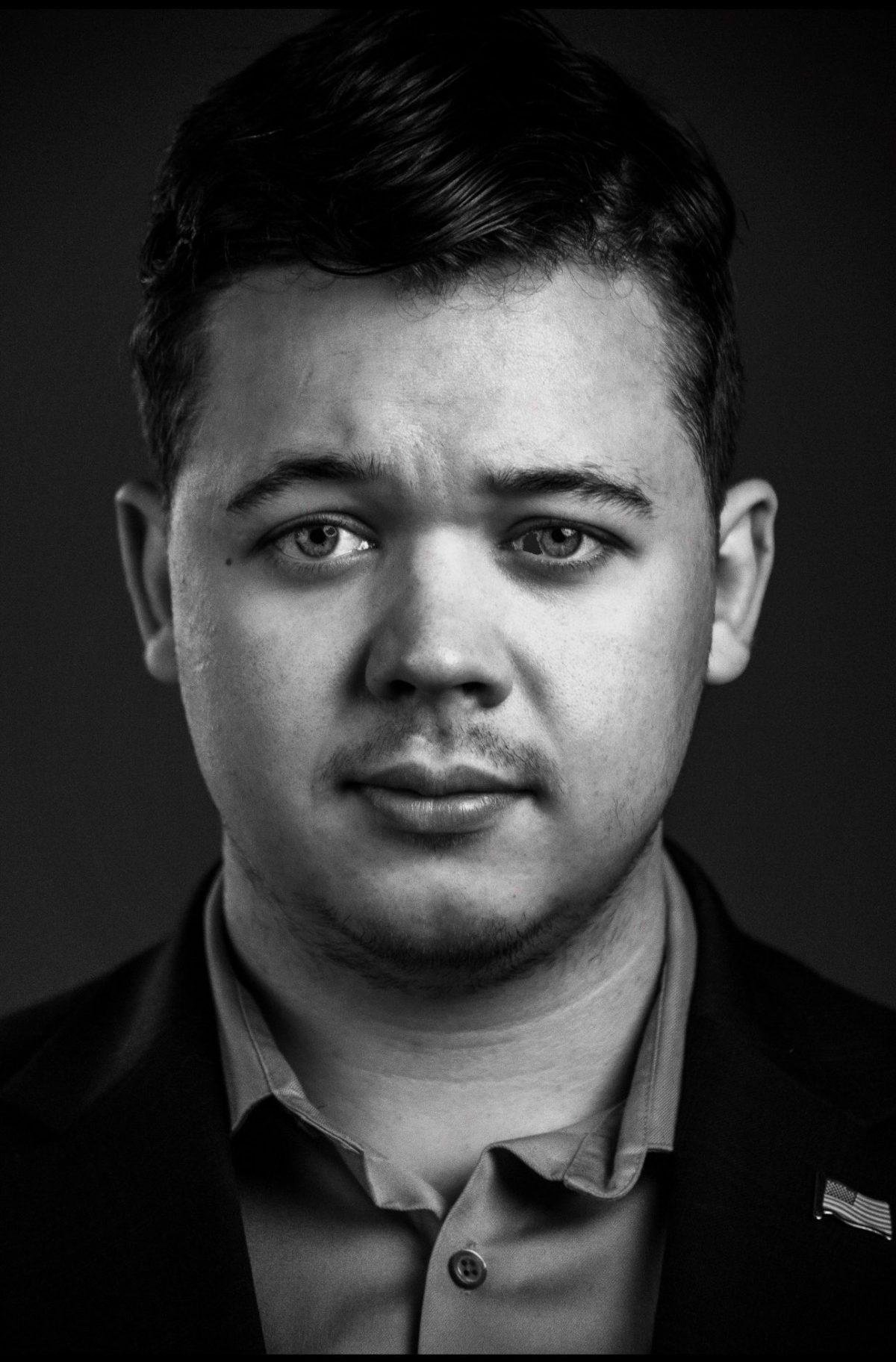He was small, scrawny, middle-aged, with a receding hairline and ill-fitting teeth. His name was Otto Adolf Eichmann and he was on trial for his life, charged with facilitating the murder of 5,000,000 Jews in extermination camps in the years preceding, and during, World War II.
Israeli Mossad special forces had tracked Eichmann down in Argentina in 1960, where he’d fled after the war, and brought him back to face charges in Jerusalem. Eichmann’s defense became known as “superior orders,” also known as the Nuremberg defense or “just following orders.” It is a court plea that a person should not be considered guilty of committing a crime that was ordered by a superior officer or official.
Eichmann’s defense team argued that under the Nazi legal system the deeds he was accused of were not crimes but “acts of state” that it had been his duty to obey. His conscience was clear because his conscience required him to follow orders.
Eichmann said that he would have had a bad conscience only if he had not done what he had been ordered to do — to ship millions of men, women, and children to their death with meticulous care and efficiency.
“I will jump into my grave laughing,” he said, “because the fact that I have the death of five million enemies of the Reich on my conscience gives me extraordinary satisfaction.”
I have been reading lately the 1963 account of Eichmann’s trial in The New Yorker by Hannah Arendt, subtitled “A Report on the Banality of Evil.” I am struck again and again by the “ordinariness” of Eichmann, an aimless, unambitious young man who stumbled up the ladder in the Nazi hierarchy and found himself assigned to the most horrific task imaginable — ruthlessly exterminating millions of men, women, and children. It’s a textbook lesson in how human beings can rationalize pretty much anything.
In August 2020, 17-year-old Kyle Howard Rittenhouse traveled from his home in northern Illinois to Kenosha, Wisconsin, where there was unrest following the shooting by police there of a man named Jacob Blake. Rittenhouse was armed with an AR-15-style rifle and joined a group of armed citizens in Kenosha who said they were there to protect local businesses.
During the unrest that night, Rittenhouse said a man chased him into a parking lot and grabbed the barrel of his rifle, whereupon he fatally shot him. Rittenhouse said he fled and was pursued by a crowd, and then fatally shot a second man after he struck him with a skateboard and tried to grab his rifle. Rittenhouse said a third person approached him with a pistol and he shot and wounded that individual.
In his subsequent trial, Rittenhouse was acquitted after tearfully testifying that his actions were in self-defense. After that, things went quite well for the young man. He went to meet former President Donald Trump, who said nice things about him; he was lovingly interviewed by Tucker Carlson and Sean Hannity, and soon became a cause célèbre for right-wing organizations, with his image being used to sell T-shirts, coffee mugs, and other products. He announced the creation of a video game, Kyle Rittenhouse’s Turkey Shoot, and became a speaker for Turning Point USA, an outfit that advocates for conservative policies and politics on college campuses.
Last week, Rittenhouse brought his “Rittenhouse Recap” speaking tour to the University of Memphis and it did not go well. Initially, there was a movement on social media to reserve tickets and then not show up, leaving Rittenhouse with an empty auditorium. Even after a last-minute reshuffling of the ticketing process, Rittenhouse still found himself speaking to a half-full room, most of whose inhabitants were there to run him out of town. After 27 minutes of tough questions, most of which he dodged, Rittenhouse had had enough and hurried off stage left, dragging his poor “support dog” behind him.
One gets the sense that Rittenhouse has no idea what to do with the remainder of a life that was indelibly defined by his actions on that August night four years ago. Now he’s a prop, famous only because he shot and killed people; a shill being used to raise funds; a washed-up, one-hit wonder at the age of 21; an aimless, unambitious young man who stumbled up the ladder in the right-wing hierarchy. Now he’s just following orders.




